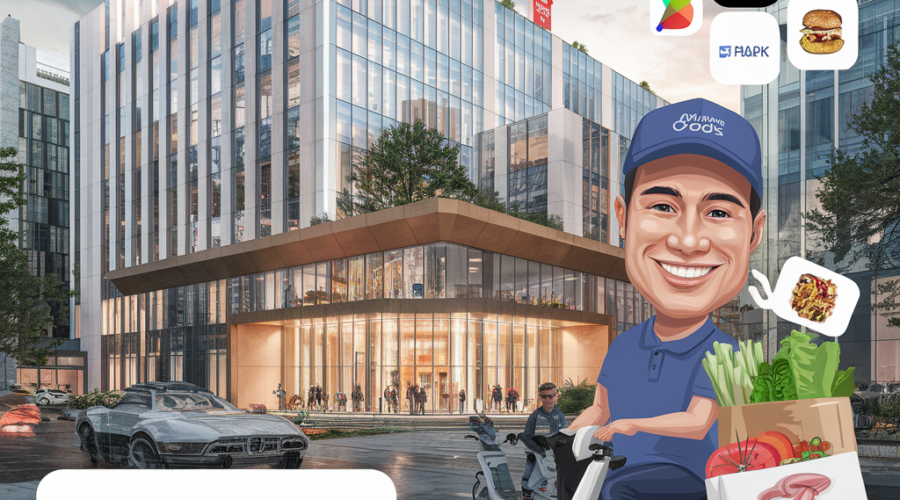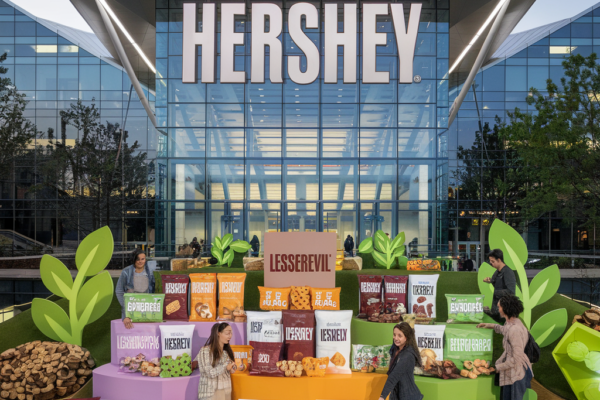Commerce Startups Consolidating in the Food Delivery Industry
Key Highlights:
- The food delivery market is experiencing a wave of consolidation as major players seek to enhance their market presence and operational efficiency.
- GrubMarket’s recent acquisitions, including Good Eggs, align with its strategy to expand its e-commerce capabilities and support local agriculture.
- Notable M&A events in the sector, such as GrubHub’s acquisition of Eat24 and Uber Eats’ purchase of Postmates, have reshaped the competitive landscape.
The Rise of Food Delivery Startups and Key Players
The food delivery market has witnessed exponential growth since the onset of the COVID-19 pandemic. With over 1,200 companies offering meal or grocery delivery solutions, the sector has become increasingly crowded. Key players like GrubMarket, DoorDash, and Uber Eats have dominated the landscape with innovative business models that integrate logistics, supply chain management, and digital commerce.
Mergers and Acquisitions Driving Consolidation
Recent mergers and acquisitions in the food delivery sector reflect a broader trend towards consolidation. GrubHub’s acquisition of Eat24 in 2017 and Uber Eats’ purchase of Postmates in 2020 are prime examples of this trend. These deals have significantly reshaped the competitive landscape, leading to economies of scale and streamlined operations.
GrubMarket’s Strategic Acquisitions and Business Strategy
GrubMarket, valued at $3.6 billion, has been actively consolidating its position in the market through strategic acquisitions. The purchase of Good Eggs aligns with GrubMarket’s strategy to expand its B2C offerings while leveraging the strengths of its B2B operations. This move is expected to enhance GrubMarket’s capabilities in the e-commerce space and improve its overall customer base.
By integrating Good Eggs, known for its commitment to sustainability and local sourcing, GrubMarket aims to deliver peak-quality products with lower spoilage rates, leveraging its proprietary technology solutions like WholesaleWare and GrubAssist.
Impact on Consumers and Small Businesses
The consolidation trend is likely to impact consumers in several ways. Service offerings may become more standardized, potentially leading to cost savings for consumers but also reducing the variety of options available. Small food producers and local markets may face challenges as larger players dominate the market, potentially disrupting their operations.
Food Delivery Industry – Conclusion and Future Outlook
Further consolidation in the food delivery industry is anticipated, driven by market saturation and the need for innovation to sustain growth. As the sector continues to mature, players will focus on enhancing their logistics, technology, and customer experience to maintain a competitive edge. Key factors driving future M&A activity include the integration of artificial intelligence, improvements in supply chain management, and the expansion into new geographic markets.
As the industry evolves, it will be crucial





